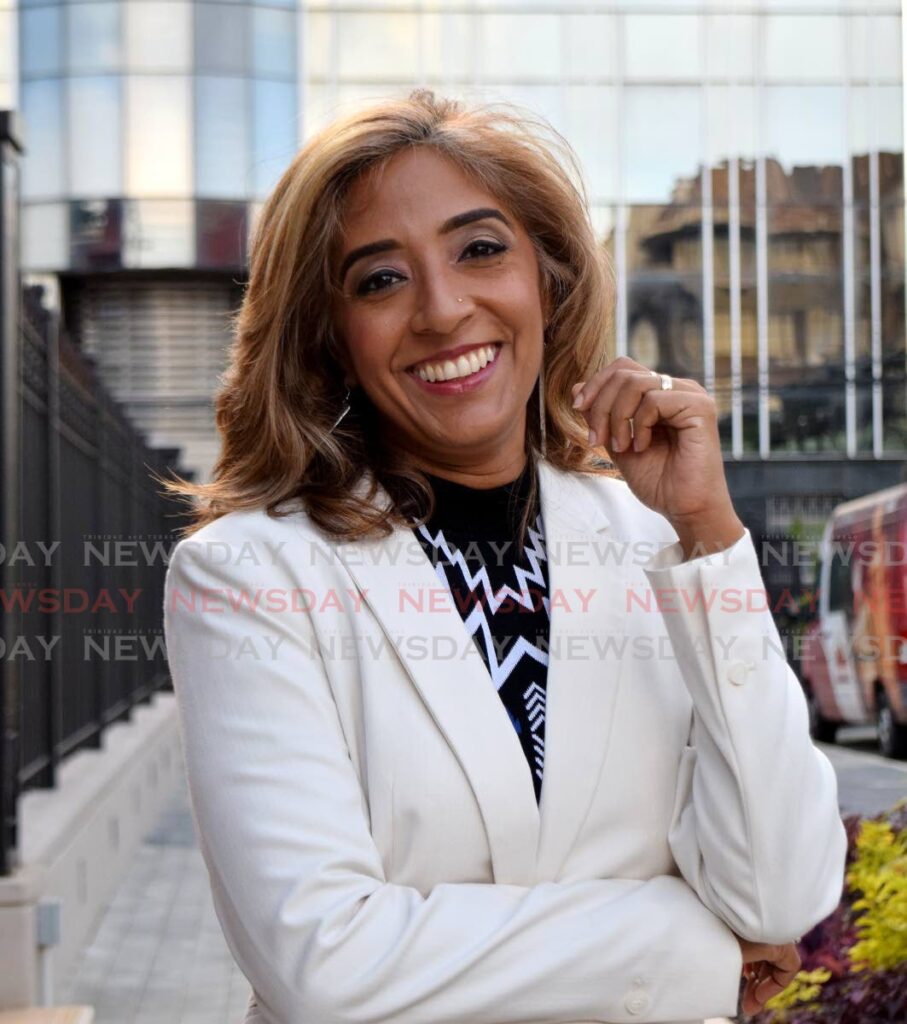Businesses need to have more inclusivity

VISHANNA PHAGOO
Greater inclusivity is needed in many sectors in TT businesses, whether it is the LGBTQ+ community, differently-abled people or those who are being discriminated against based on where they live.
The government and the Equal Opportunity Commission (EOC) have developed guidelines to ensure that regardless of what lifestyle people live or what circumstance they live in all can have an opportunity to thrive.
The Ministry of Social Development's 2018 National Policy on Persons with Disabilities includes protecting and promoting those with disabilities, the marginalised and to empower and eliminate the stigma around them, providing the push in all aspects of society for greater inclusion. These aspects are social, educational, cultural, economic and recreation.
Then line minister Cherrie-Ann Crichlow-Cockburn said, "This policy stands as an essential part of the government of TT's Vision 2030 National Development Strategy and is positioned to address some of the gaps and inconsistencies in existing legislation."
"The policy also represents a strategic commitment by the ministry to ensure equality and equity in the provision and development of plans and services to the community of persons with disabilities. This is extremely important as the demands for social assistance far outweigh the state’s present resources," she added.
The EOC was established under the 2000 Equal Opportunity Act (EOA) to eliminate prejudice and promote equality and good relations between employees and employers of different statuses. The act prohibits discrimination in four broad categories – employment, education, the provision of goods and services and the provision of accommodation – where that discrimination is tied to certain personal and inherent characteristics known as status grounds. There are seven status grounds– race, ethnicity, religion, marital status, origin including geographical origin, disability and sex.
Vice chair of the EOC Dr Gabrielle Hosein said, "If someone is being discriminated against because they are from a borough, a town, a district or for that matter any area, then they are being discriminated against because of their geographical origin. This would include, for example, where someone is not hired for a job because they are from a certain village, town or any geographical part of TT or where an employer says that they prefer to promote or offer benefits to persons from this area over that area."
"People do not originate only from geographical locations, they also originate from ancestry, parentage, or social class," she added.
The EOC noted that most of the complaints received are based on race, ethnicity, origin and disability. It recorded 14 complaints from those with disabilities last year compared to three in 2020. There were also five complaints regarding people's geographical origin in 2021 compared to seven in 2020. In 2018, there were nine complaints which was the highest in a five-year period.
The commission continues to work with organisations to ensure there is inclusivity for everyone in the workplace with programmes such as Know Your Rights which educate people on discrimination during the recruitment stage. The EOC also educates by publishing a column in the Newsday that provides information on the current affairs of the job market. The information is to help employers and employees on issues that may be brushed past or on the importance of accommodations.
The EOC also offers guidance to companies in creating an inclusivity policy in addition to guidelines on their website. On August 24, the commission will participate in the Trade and Investment Conference to reach a diverse audience from the business community and the public. It hopes to bring awareness to the Equal Opportunity Act, especially under the category of employment and the role of the commission.

It offers training to companies to promote inclusivity since the topics are discrimination in employment, education, accommodation, goods and services and accommodating people with disabilities.
To engage the public more, it will also host a television show to highlight issues that society needs to address in order to see change. The first episode will focus on discrimination based on origin and the second episode's focus will be on people with disabilities.
Aside from educating those in or entering the workforce, representatives from the EOC are asked to guest lecture with the primary goal of highlighting the Equal Opportunity Act and the EOC, sexual harassment, the investigative process of the EOC and the Equal Opportunity Tribunal.
Hosein said, "Over the last decade, the push by social movements to advance inclusivity has been picked up across the business community. This is also part of a growing trend toward greater corporate social responsibility. LGBTQI folk, people living with disabilities and those from stigmatised areas do not experience discrimination in the same ways."
"For example, transgender people may have difficulty registering for the National Insurance Scheme with their chosen gender identity. Workplaces may not use the kind of digital technology that could allow visually impaired employees to contribute their skills. Those from 'hot spots' may feel they are not even considered for jobs because of the intersections of their residence, age, race and sex," she explained.
She added that the private sector can improve society through non-discrimination policies and through partnerships with civil society organisations. She ensured that the EOC supports the Equal Opportunity Act and continues to work towards the act being amended to include categories, such as age, health status and sexual orientation.

Comments
"Businesses need to have more inclusivity"